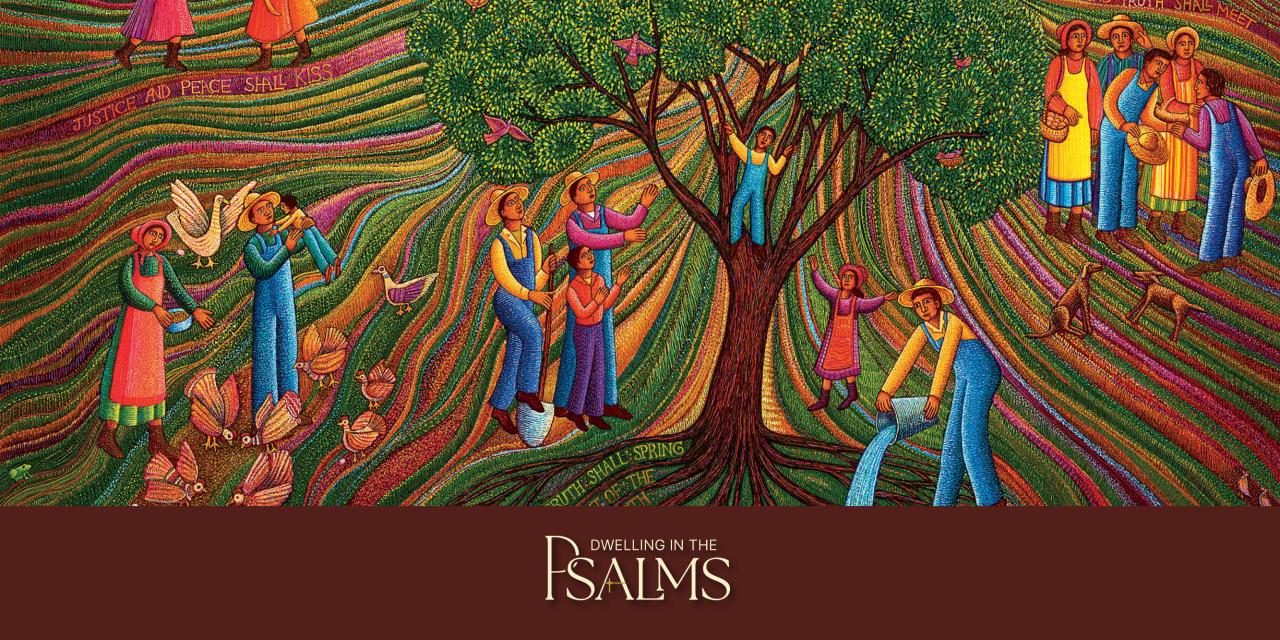CICW has awarded Vital Worship, Vital Preaching Grants for over 20 years to teacher-scholars and worshiping communities in 45+ states and provinces and across 40+ denominations and traditions—including Orthodox, Roman Catholic, Pentecostal, non-denominational, and other Protestant communities.
While worship styles and practices vary greatly across these traditions, the grant projects typically explore at least one of CICW’s ten core convictions related to worship. Explore the hundreds of projects we’ve funded across both streams of the program.
The College Church
To develop skills and opportunities for artistic expression of scripture that will connect to sermons through lectures and educational workshops.
The Gathering United Methodist Church
To incorporate visual arts in the worship space and liturgy of a small, urban church plant.
The Table: an Emerging Mennonite Church
To explore how an emerging Mennonite Congregation can more deeply incorporate the Lord's Supper in worship and life through retreats, workshops, and mentoring relationships.
Union Theological Seminary and Presbyterian School of Christian Education
To study and practice ways technology and movement can be integrated in worship while maintaining its historical identity and connecting with postmodern culture.
United Theological Seminary of the Twin Cities
To engage worship planners from five congregations with seminary staff in a year long learning process that will include theological reflection, dialogue and engagement of the arts.
Urban Hymnal
To partner with three Seattle congregations in exploring how new, creative, relevant music, text, and art can help people pray more honestly, engage more deeply with one another and address the needs of the community.
Asbury Theological Seminary
To produce a multi-dimensional worship curriculum of small group sessions, individual study guides, and training for small group facilitators through a collaboration with the Lexington District of the United Methodist Church.
Baptist General Convention of Virginia
To plan intergenerational worship services as small, rural congregations that combine historical and contemporary worship traditions through music, biblical storytelling, liturgical art, and contemplative methods.
Beulah Missionary Baptist Church
To engage the congregation's urban youth through workshops on hip hop, dance, and art that culminate with youth involvement in planning and leading worship.
Black Catholic Convocation Implementation Sub-Committee
To empower youth to study and plan liturgies with a particular emphasis on music, art and sacramental celebration in African American congregations.
Blessed Jurgis Matulaitis Lithuanian Catholic Mission
To break prejudices across generations and cultures in a Lithuanian immigrant community through an intentional focus on scripture, the creation of art, and religious instruction.
Bridge Street African Methodist Episcopal Church
To plan liturgies that lead congregants to bring peace, love, joy, justice and hope in the world through a collaboration between leaders and the congregation.
